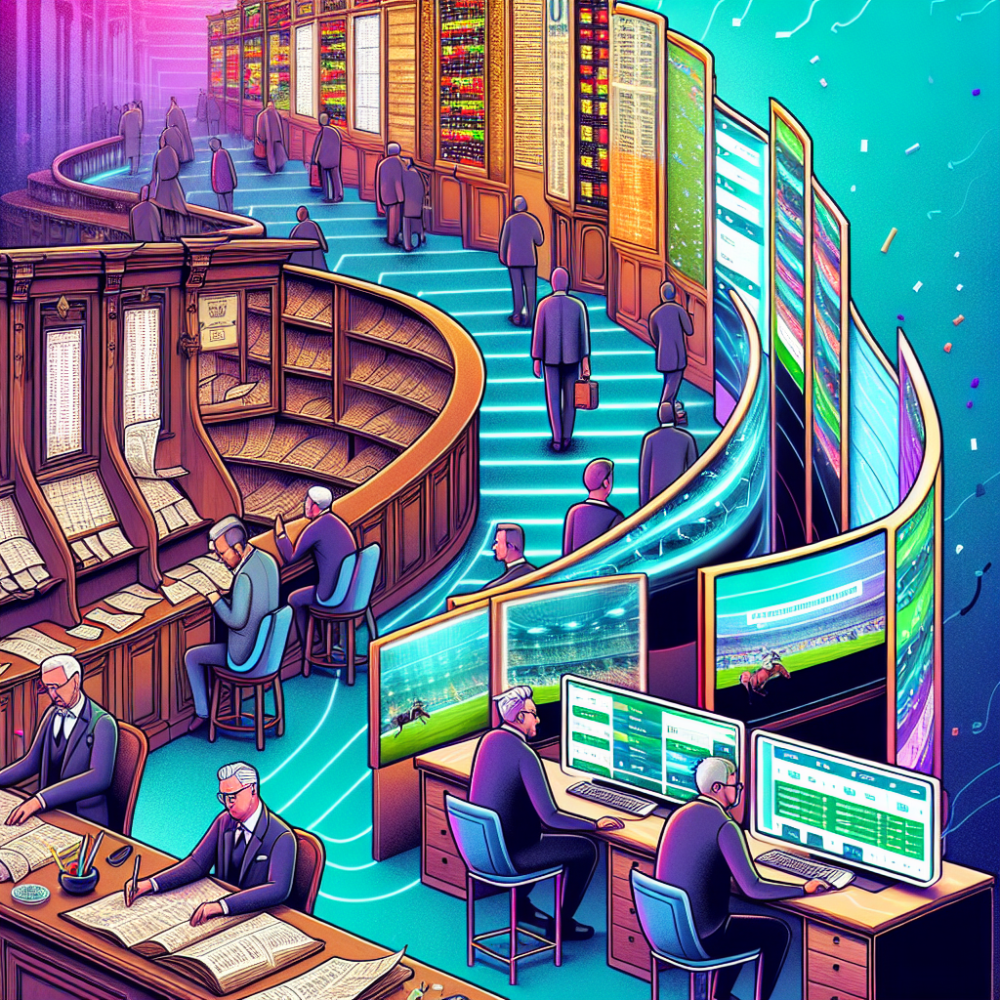The gambling industry, with its glitzy casinos and enticing online platforms, is a colossal global phenomenon that attracts millions of participants each year. However, beneath the allure of quick riches and entertainment, there lies a complex ethical landscape that raises significant moral questions and societal considerations. This essay aims to delve into the morality and impact of the gambling industry by exploring its social, economic, and psychological dimensions.
The Moral Dilemma of Gambling
Gambling, by its very nature, is an activity fraught with ethical ambiguities. At its core, it involves risking something of value on events with uncertain outcomes, often leading to debates about its moral standing. Some view gambling as a harmless form of entertainment, a way to spend leisure time that provides excitement and the possibility of monetary reward. Others, however, perceive it as inherently problematic due to its potential to lead to addiction, financial ruin, and social consequences.
The Impact on Individuals
The most immediate and poignant impact of gambling is felt by individuals. For some, gambling becomes more than just an occasional pastime; it turns into an addiction that can devastate their lives. Problem gambling is recognized as a serious psychological condition that can lead to significant financial, emotional, and health issues. The ethical question arises about the responsibility of the gambling industry in preventing and addressing problem gambling. While many operators now include measures such as self-exclusion programs and warning messages, critics argue that these measures are often just superficial gestures rather than genuine efforts to mitigate harm.
Socio-Economic Consequences
On a broader scale, the gambling industry has both positive and negative impacts on communities. Economically, it can be a significant source of revenue, providing funds for public services and creating employment opportunities. In regions where casinos have been introduced, there can be a noticeable boost in local economies due to increased tourism and business activities.
However, these economic benefits are also accompanied by potential drawbacks. Economists have pointed out that the economic gains from gambling are often exaggerated and can lead to economic displacement in other sectors. Moreover, gambling can introduce social problems such as increased crime rates and can exacerbate issues of inequality, targeting vulnerable populations who hope to improve their financial situations through gambling.
Ethical Business Practices in Gambling
The ethical responsibility of the gambling industry is immense, given its impact on millions of lives. This raises the question of what constitutes ethical business practices in this sector. Transparency, honesty, and integrity are crucial in ensuring that gambling remains a fair and safe activity. This includes clear information about the odds of games, the risks associated with gambling, and the terms and conditions of participation.
Furthermore, ethical gambling also involves promoting responsible gambling. This not only means protecting vulnerable individuals but also creating an environment where gambling is one of many entertainment options, without encouraging excessive spending. Operators should also be held accountable for the social costs of gambling, contributing to initiatives that promote mental health and economic stability within the communities they serve.
Conclusion
The ethical evaluation of the gambling industry is not a straightforward task; it involves weighing the pleasures and entertainment it provides against the risks and harms it can cause. As the industry continues to grow and evolve, especially with the rise of online gambling, it becomes increasingly important to reassess and reinforce its ethical frameworks. Whether or not the gambling industry can be genuinely ethical depends on its willingness to prioritize the well-being of its consumers over profit margins. In doing so, it not only enhances its moral standing but also secures a more sustainable position in the long term for itself and the communities it impacts.




